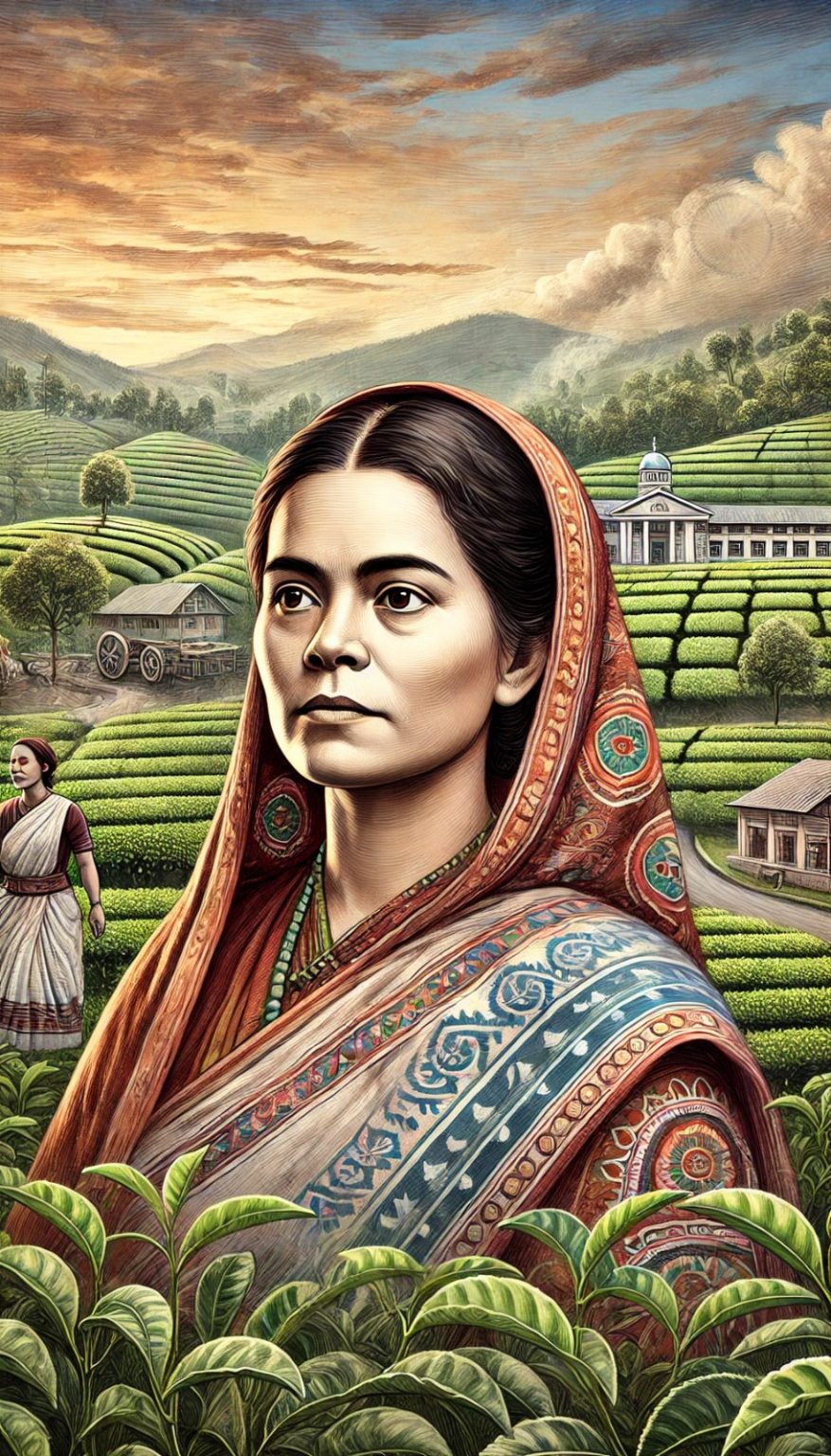In the lush tea gardens and vibrant landscapes of Assam, Chandraprabha Saikiani emerged as a beacon of social reform and a fierce advocate for women’s rights. Born into a modest family, Chandraprabha’s journey was one of relentless dedication to education, equality, and the Indian independence movement.
From a young age, Chandraprabha displayed a keen intellect and a passion for learning. She defied societal norms by pursuing education and later became a teacher. Her experiences as an educator opened her eyes to the deep-rooted gender inequalities and social injustices faced by women and marginalized communities.
Chandraprabha’s activism began in earnest when she founded the Asam Pradeshik Mahila Samiti, a pioneering women’s organization in Assam. Through this platform, she tirelessly campaigned for women’s education, health, and legal rights. Her efforts led to the establishment of numerous schools and health clinics, significantly improving the lives of women in the region.
Her activism extended to the national stage during India’s struggle for independence. Chandraprabha was an ardent supporter of Mahatma Gandhi and participated in the Non-Cooperation Movement, facing arrests and imprisonment for her involvement. Her resolve remained unshaken, and she continued to inspire others with her courage and determination.
Chandraprabha’s literary contributions were equally significant. She wrote extensively on social issues, using her pen to challenge oppressive practices and advocate for reform. Her works remain influential, reflecting her deep commitment to social justice and her vision for a more equitable society.
Chandraprabha Saikiani’s legacy is a testament to her tireless efforts and unwavering spirit. Her life’s work laid the foundation for the women’s movement in Assam and beyond, inspiring generations to fight for their rights and strive for a better future. Her story is a powerful reminder of the impact one individual can have in transforming society through dedication and courage.


